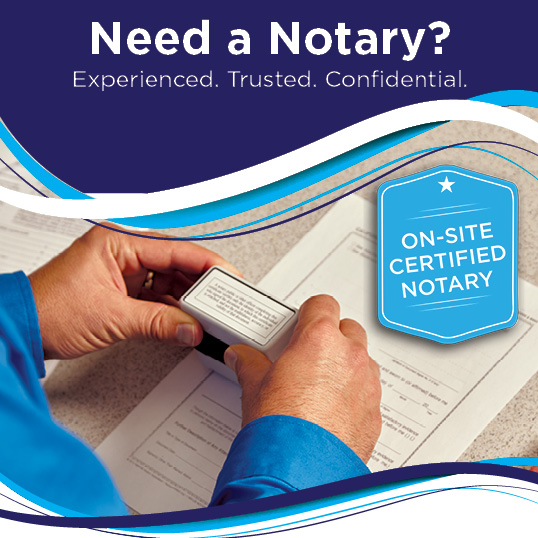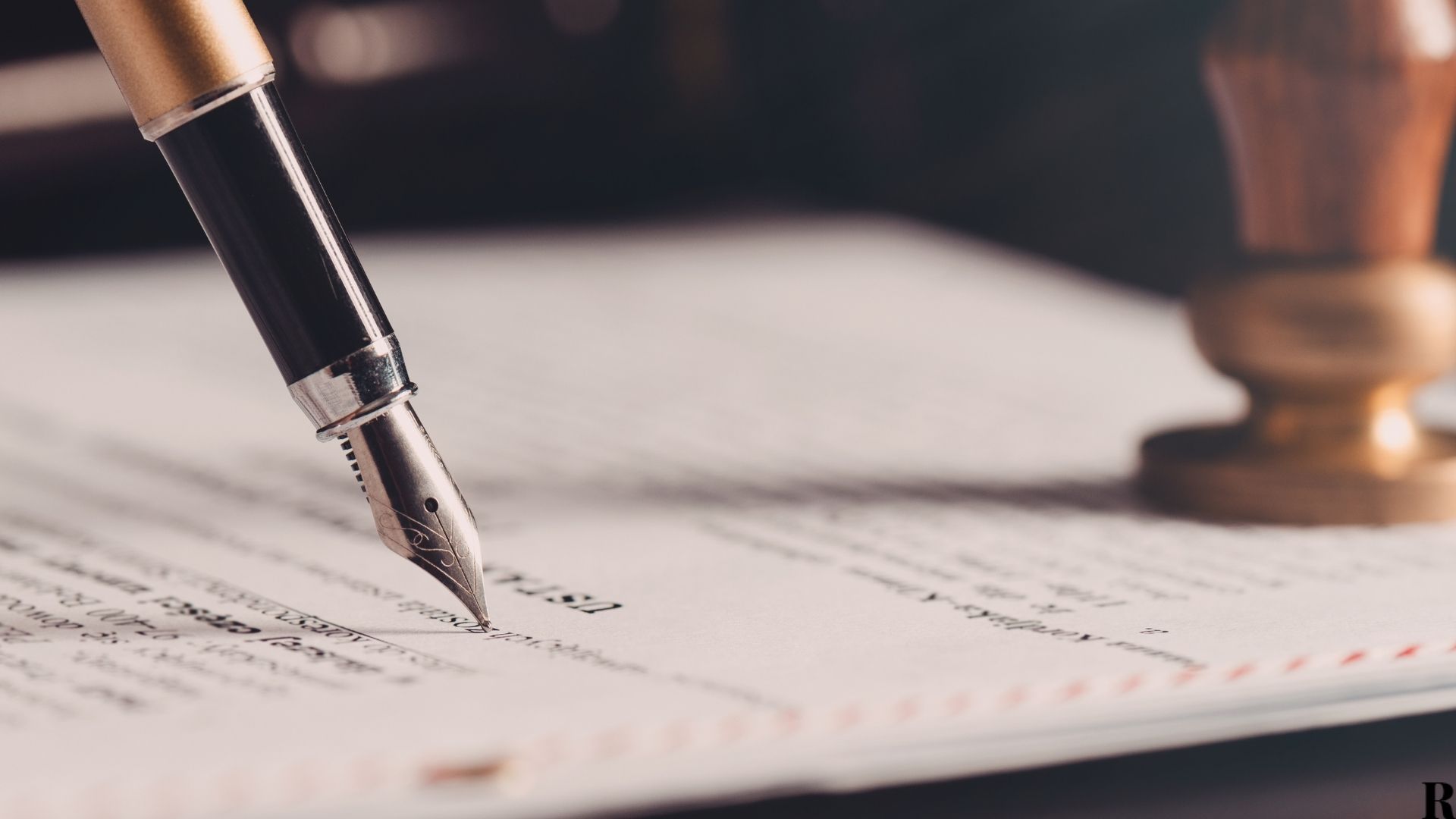Notary Public: Your Trusted Witness and Record Authenticator
Notary Public: Your Trusted Witness and Record Authenticator
Blog Article
Demystifying Notarial Work: Simplifying the Function and Value of Notaries
Their function, usually shrouded in mystery for numerous, carries substantial weight in making certain the legitimacy and integrity of essential records. By unraveling the intricacies bordering notarial methods and shedding light on the value of their acts, a clearer understanding emerges of the crucial duty notaries play in promoting the fabric of contractual and legal arrangements.
The History of Notarial Work
Exactly how did notarial job develop in time to end up being an essential part of legal and service deals? The history of notarial job dates back to old human beings, where scribes played an essential duty in videotaping vital info and verifying documents. As societies advanced, the need for a much more formalized system to make certain the legitimacy of contracts occurred. This brought about the development of notaries, people selected by the state to act as objective witnesses in lawful matters.
During the Center Ages, notaries gained prominence in Europe, with their features broadening to consist of composing legal documents, certifying signatures, and maintaining documents. The surge of worldwide trade further stressed the value of notarial work in verifying agreements and arrangements across boundaries.
In the modern era, notaries continue to play a crucial duty in lawful and business transactions by confirming identifications, validating the credibility of documents, and stopping fraudulence. Their function in accrediting the legitimacy of agreements adds a layer of security and count on to the ever-evolving landscape of business and regulation.

Obligations and Duties of Notaries
The historic advancement of notarial work from old human beings to the modern-day age has shaped the unique obligations and responsibilities that notaries maintain in lawful and company deals today. Notaries play an important duty in verifying the authenticity of files and the identification of signatures. Among their main duties is to witness the finalizing of crucial files, such as wills, contracts, and acts, to make certain that all celebrations are participating in contracts knowingly and voluntarily. Notaries likewise verify that notaries are of sound mind and not under pressure or coercion.
They certify duplicates of initial records, providing assurance to institutions that the copies are real reproductions of the originals. Overall, the duties and responsibilities of notaries are crucial in safeguarding the honesty and validity of different records and deals - DIRCO.
Notarial Certificates and Signatures
Exemplifying precise focus to detail, notarial certifications and trademarks function as vital parts in confirming the credibility of lawful documents. Notarial certificates typically include critical information such as the day of registration, the names of the signatories, a summary of the useful source paper, and the notary's official seal. These certifications supply a clear record of the notarial act, ensuring that the document can be quickly identified and mapped back to the notary that looked after the process.
Signatures play a crucial role in notarial work, as they represent the arrangement and consent of the parties included. Notaries very carefully witness the signing of documents to validate the identity of the signatures and confirm that they are signing of their own free choice. By attaching their main seal and trademark to the record, notaries accredit that the required treatments have been complied with which the paper is valid and enforceable.
Fundamentally, notarial certifications and signatures are the trademark of credibility in lawful deals, giving assurance to all celebrations entailed that the records are legitimate and binding.
Relevance of Notarial Acts

Notarization Process Explained
Clarifying the registration procedure gives clarity on the vital steps included in validating legal papers. The registration procedure usually starts with the private providing the file to a notary public. The notary then confirms the signer's identity with appropriate recognition approaches. As soon as the identification is verified, the notary makes certain that the specific authorizing the paper does so voluntarily and with no browbeating.

Conclusion

Notarial certifications normally include critical details such as the day of notarization, the names of the signatures, a description of the paper, and the notary's main seal. These certificates supply a clear record of the notarial act, making sure that the record can be conveniently recognized and traced back to the notary who managed the procedure.
By attaching their main seal and signature to the document, notaries certify that the required procedures have been complied with and that the paper is legitimate and enforceable.
By confirming the identity of the signatories, confirming their desire to enter into the contract, and certifying the date and place of the finalizing, notaries play an important function in maintaining the credibility of lawful documents.After the file is signed, the notary will affix their official seal or stamp onto the document.
Report this page